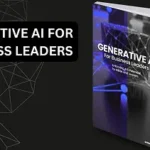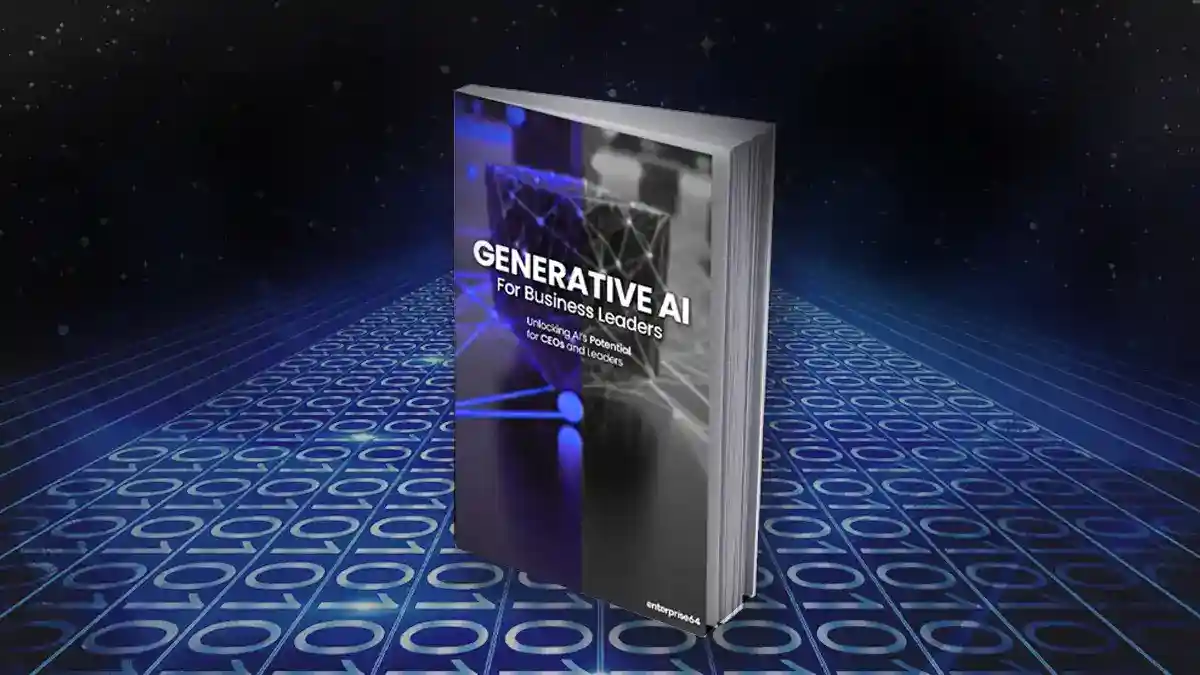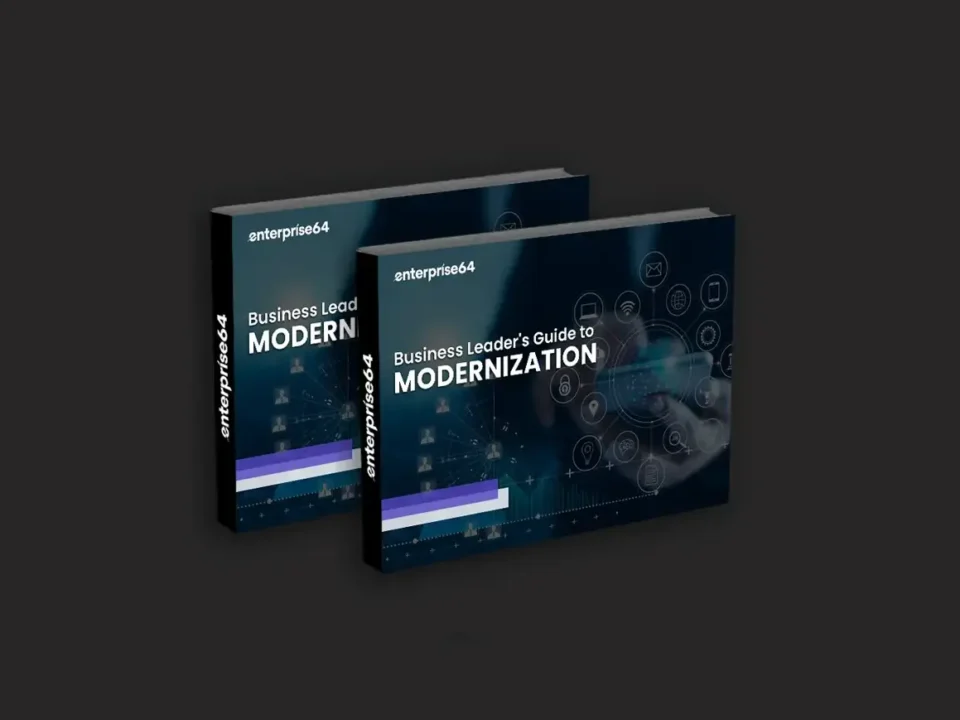According to MarketsandMarkets, the global AI tools market will grow to $407 billion by 2027. With this massive growth, we’ll unsurprisingly continue seeing the rapid influx of new, more robust AI tools catering to different industries and use cases.
Although every major AI announcement discreetly claims to be the most powerful AI, plenty of technical and strategic improvements are still required to perfectly copy human intelligence, automate tasks, train other AI agents, and provide optimum user experience.
In this blog, we’ll take a closer look at how intelligence is measured in AI systems and share some of the most powerful AI tools available today.
How Intelligent are AI technologies?
AI researchers are still debating the smartness and authenticity of AI systems and whether they can actually mimic human intelligence. The metrics used to measure human intelligence, like IQ or EQ, based on cognitive capabilities, such as memory, reasoning, problem-solving, and abstract thinking, won’t apply to artificial intelligence.
However, we have three major approaches to measuring the smartness of AI platforms, each with its own benefits and limitations.
1. Turing test
A Turing test is a standard method for assessing a machine’s ability to exhibit human intelligence. It involves an AI trying to convince a human that it’s human through conversation. Still, critics argue that this persuasion is surface-level intelligence, not deeper understanding.
2. Cognitive tasks
AI is tested on human-like tasks, such as problem-solving and language understanding. Performance is compared to humans, though AI may excel in specific areas while lacking broader intelligence.
3. Machine learning metrics
AI’s intelligence can be measured using ML metrics like data accuracy, precision, and recall, which assess how well it classifies or predicts data. However, these metrics only evaluate task-specific performance, not overall intelligence. Each method has its strengths and limitations, highlighting the complexity of measuring the most advanced AI’s true smartness in different situations.
Most Powerful AI Systems in the Business
Whether AI systems will catch up to human intelligence or not, some AI platforms are widely considered the best for users and businesses.
1. DeepSeek R1 by DeepSeek
DeepSeek R1 is a next-generation AI platform that combines advanced natural language processing and machine learning to deliver top-tier, relevant outputs. The tool, rivaling OpenAI’s ChatGPT, is particularly adept at automating customer support, analyzing unstructured data, and facilitating seamless human-AI interactions.
Some of the key features include customer support automation, data insights, and API integration. The platform’s NLP capabilities allow it to handle customer queries with human-like precision, reducing response times and improving satisfaction.
Second, DeepSeek R1 can process vast amounts of unstructured data, like emails, documents, etc., to acquire actionable insights, helping businesses make informed decisions. Third, robust APIs allow easy integration with current systems, making it a versatile tool not only for mid-sized businesses but organizations of all sizes.
Some of the most popular use cases include automating FAQs and customer service workflows, generating reports and insights from unstructured data, and improving the quality of internal communication through AI-driven chatbots. Widely considered one of the most powerful AI platforms in the global industry at the moment, DeepSeek is ideal for businesses looking to enhance operational efficiency and deliver personalized customer experiences.
2. ChatGPT by OpenAI
ChatGPT, developed by OpenAI, is one of the most advanced conversational AI models available today. Built on the GPT-4 architecture, it generates human-like text, making it versatile for a plethora of business applications.
The key features include the content creation tool, task automation, and customer engagement. In addition to responding to quality prompts for high-quality content, including articles, guides, product descriptions, and other marketing collaterals, businesses use ChatGPT to engage in natural conversations, making it perfect for chatbots, virtual assistants, and customer support systems.
ChatGPT, considered one of the smartest AI in the world and a generative AI favorite, assists leaders and the workforce with marketing communications and documentation. It excels at drafting emails, summarizing documents, and automating repetitive tasks.
Download Our Guide: Generative AI for Business Leaders
3. Claude by Anthropic
Claude, a product of Anthropic, is an AI assistant designed with a particular inclination toward safety, reliability, and ethical AI practices. The next-gen AI assistant is mainly effective for tasks demanding precision in document analysis and workflow automation.
Claude can quickly analyze and summarize lengthy documents, making legal, financial, and research teams some of its core audience. Second, the tool focuses on ethical AI, establishing it operates transparently and responsibly without risking producing biased or harmful outputs. Furthermore, Claude can also automate complex workflows, including basic tasks like data entry and report generation, improving efficiency and accuracy.
Some of the most popular use cases include summarizing legal contracts and financial reports, automating data-stuffed workflows in healthcare and finance, and producing authentic AI-based insights for decision-making. Businesses use Claude as a trusted resource when prioritizing accuracy, safety, and ethical AI deployment.
4. SageMaker by AWS
Amazon SageMaker is a cloud-based machine learning platform that simplifies the process of building, training, and deploying AI models at scale. It is a go-to platform for businesses looking to leverage an integrated experience through predictive analytics and AI-driven insights.
The platform hosts pre-built algorithms, encouraging teams to develop models quickly without extensive coding. Second, its automated model tuning allows optimized performance and provides accurate and reliable predictions. Also, SageMaker, integrated with AWS, competently handles large datasets and scales seamlessly as your business needs grow.
SageMaker is especially popular in sales and marketing jobs relying on predictive analytics, fraud detection in financial services, and personalized recommendations in online retail. Businesses that rely on machine learning solutions without incurring technical complexities use SageMaker to build, train, and deploy models efficiently while leveraging scalable infrastructure and automated workflows.
5. Gemini by Google
Google’s Gemini is an advanced AI framework for high-performance data processing and real-time decision-making. The platform integrates seamlessly with Google Cloud services, making it a powerful tool for data-driven businesses.
Gemini excels at processing large datasets and producing real-time insights, helping businesses to make quick, data-driven decisions. Its integration with Google Cloud ensures seamless data flow and scalability. Third, Gemini also offers tailored solutions for industries like finance, healthcare, ecommerce, manufacturing and supply chain, and marketing and advertising, addressing unique challenges and opportunities.
Some of the most popular use cases include fraud detection, risk assessment, algorithmic trading in financial services, medical imaging analysis, patient data management, drug discovery in healthcare and life sciences, and personalized recommendations, dynamic pricing, and demand forecasting in the ecommerce space.
Handpicked content: Top 5 Data Modernization Trends to Transform Your Business in 2025
6. Watson by IBM
IBM Watson, one of the first usable AI engines for businesses and the most powerful AI of its time offers a suite of tools for natural language understanding, computer vision, and predictive analytics. It is commonly used for its ability to solve complex problems and drive innovation.
Watson can analyze and interpret human language, making it the right choice for customer service and sentiment analysis. Its image and video analysis capabilities are applied in healthcare for diagnostics and retail for inventory management. In addition, Watson’s advanced analytics tools allow businesses to forecast trends and optimize operations.
Besides diagnosing medical conditions through AI-centric analysis, IBM Watson has other use cases, including optimizing supply chains with predictive insights and enhancing customer experiences through AI-powered chatbots.
IBM Watson is a versatile AI tool used in healthcare, finance, retail, manufacturing, telecommunications, education, travel, energy, and other industries. Its ability to process large datasets, provide real-time insights, and automate complex tasks makes it a valuable asset for organizations looking to innovate, improve efficiency, and deliver exceptional customer experiences.
Do We Have a Winner?
Besides the above names, other notable platforms include Meta’s Llama, Baidu’s DuerOS, Nvidia’s Omniverse, Google DeepMind’s AlphaGo, and others with their own specialties or focus areas on specific industries and use cases.
Following the recent release of Google’s Gemini 2.0, Meta, Amazon, Microsoft, OpenAI, and Anthropic have also expressed interest in building Agentic AI, the next-gen AI technologies capable of autonomously making decisions, taking actions, and learning from interactions with limited human supervision.
So, what is the most advanced AI right now for your business? Every organization or technology solutions provider picks the tech stack relevant to a business leader’s custom needs. Hence, announcing a clear winner as the most powerful AI would be biased and inappropriate.
In 2025 and beyond, AI-powered analytics tools and platforms will likely continue to expand, empowering businesses to extract actionable insights from large amounts of data. As businesses lean toward big data for more data-driven decision-making, AI-driven software will play a significant role in helping organizations maintain a competitive edge in their respective marketplaces.
See More: Digital Strategy vs. Digital Transformation: Which One Does for Your Business Growth?










